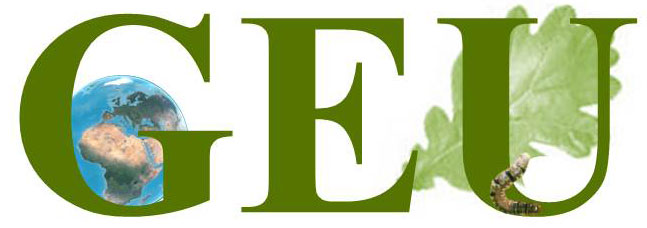
The quantity, quality, and type (e.g., animal and vegetable) of human food and beverages have been correlated with cancer and life expectancy, although mostly at the population level and with many uncertainties. In a new study published in the journal Environmental Research and Human Health authors shed light on this association at country level. Picture source https://www.helpguide.org/
The quantity, quality, and type (e.g., animal and vegetable) of human food have been correlated with human health, although with some contradictory or neutral results. We aimed to shed light on this association by using the integrated data at country level.
In a new study published in the journal Environmental Research and Human Health authors hypothesized that higher N intake, lower N:P intake ratios, terrestrial animal food, and alcoholic beverages would be associated with cancer and shorter life expectancy (LE), whereas on the contrary, aquatic animals and vegetables would be associated with less cancer and longer LE.
The study correlated elemental (nitrogen (N) and phosphorus (P)) compositions and stoichiometries (N:P ratios), molecular (proteins) and energetic traits (kilocalories) of food of animal (terrestrial or aquatic) and vegetable origin, and alcoholic beverages with cancer prevalence and mortality and LE at birth at the country level.
Researchers used the official databases of United Nations (UN), Food and Agriculture Organization of the United Nations (FAO), Organization for Economic Co-operation and Development (OECD), World Bank, World Health Organization (WHO), U.S. Department of Agriculture, U.S. Department of Health, and Eurobarometer, while also considering other possibly involved variables such as income, mean age, or human development index of each country.
The per capita intakes of N, P, protein, and total intake from terrestrial animals, and especially alcohol were significantly and positively associated with prevalence and mortality from total, colon, lung, breast, and prostate cancers. In contrast, high per capita intakes of vegetable N, P, N:P, protein, and total plant intake exhibited negative relationships with cancer prevalence and mortality. However, authors highlighted that a high LE at birth, especially in underdeveloped countries was more strongly correlated with a higher intake of food, independent of its animal or vegetable origin, than with other variables, such as higher income or the human development index.
“Our analyses, thus, yielded four generally consistent conclusions. First, the excessive intake of terrestrial animal food, especially the levels of protein, N, and P, is associated with higher prevalence of cancer, whereas equivalent intake from vegetables is associated with lower prevalence. Second, no consistent relationship was found for food N:P ratio and cancer prevalence. Third, the consumption of alcoholic beverages correlates with prevalence and mortality by malignant neoplasms. Fourth, in underdeveloped countries, reducing famine has a greater positive impact on health and LE than a healthier diet”, concluded Prof. Josep Penuelas from CREAF-CSIC Barcelona.
Reference: Penuelas, J., Krisztin, T., Obersteiner, M., Huber, F., Winner, H., Janssens, I.A., Ciais, P., Sardans, J. 2020. Country level relationships of the human intake of N and P, animal and vegetable food and alcoholic beverages with cancer and life expectancy. Environmental Research and Human Health, 2020, 17, 7240; doi:10.3390/ijerph17197240.
